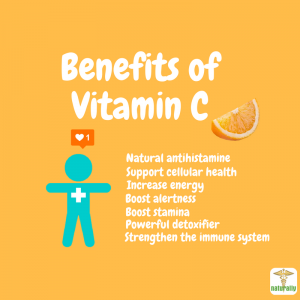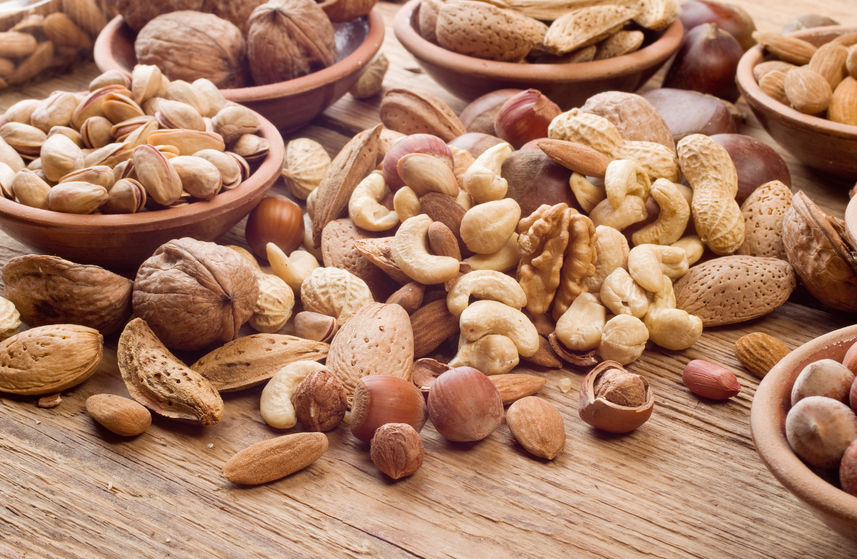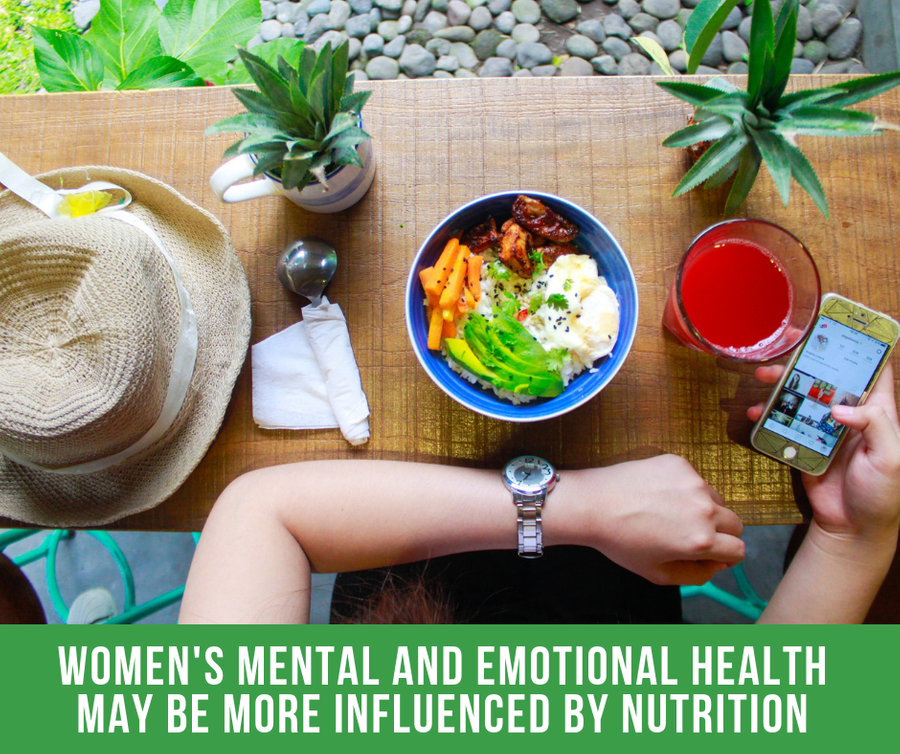Vitamin C Day (April 4th) and to celebrate, let’s take a look at the many benefits of Vitamin C. This essential vitamin is commonly found in various fruits and vegetables such as citrus fruits like oranges and lemons, strawberries, blackcurrants, red peppers, etc.
While Vitamin C can be consumed in a variety of foods however, it is not so easily absorbed. Absorption of Vitamin C occurs within the small intestine, where transport mechanisms take place to shuttle it across the wall of the intestine and into blood circulation. These transporters affect the amount of Vitamin C absorbed into the bloodstream.
Only about 70-90% of the Vitamin C is absorbed from food and supplements. Your small intestine generally absorbs less Vitamin C as your intake increases – dropping to less than 50% when you consume more than 1,000 milligrams or 1 gram of Vitamin C daily.
Vitamin C absorption isn’t the only process that’s affected – your kidneys also begin to eliminate Vitamin C that was absorbed, but it’s not yet metabolised if you consume more than 80 milligrams daily.
Why Vitamin C Is Great For Your Health…

Firstly, Vitamin C is a natural antihistamine. This is why many people find it beneficial for those with allergies. By preventing histamine release, it increases the detoxification of histamine. One 1992 study found that taking 2 grams of Vitamin C daily also lowered blood histamine levels by 38% in healthy adults – within just one week!
Proven to be vigorously anti-cancerous and support cellular health – Vitamin C has demonstrable cytotoxic effects at doses that leave human cells unharmed (around 3mg per 100ml).
Vitamin C is a powerful antioxidant that’s capable of stopping reactive oxidation. It is essential for the growth and repair of tissues in all parts of the body. Antioxidants block some of the damage caused by free radicals – substances that can otherwise damage DNA.
Vitamin C is also required within the manufacture of collagen. This is why we often age and get wrinkly when we are deficient. Vitamin C has many powerful effects on skin cells and some studies show that Vitamin C may help to prevent and treat ultraviolet (UV)-induced photodamage.
A vital anti-microbial, large IV doses have been shown to save the lives of countless individuals with septicemia who also have similar infections.
Vitamin C has powerful detoxifying effects. Anyone who encounters chemicals in any way (such as viral or bacterial infections) is highly recommended to protect themselves with Vitamin C.
Vitamin C can support the immune system. Vitamin C is found in highest concentrations in the immune system and adding it into your diet can regulate the activity of immune cells.
One of the biggest breakthroughs in particular is that Vitamin C deficiency is found to be a leading cause of atherosclerosis (hardening of the arteries). Heart disease and Ischemic Myocardial Disease in particular are best described as ‘scurvy of the arteries’.
Moderately raised blood levels of Vitamin C measured in healthy people have also been found to correlate well with a decreased risk of cardiovascular disease and ischemic heart disease. Increased life expectancy is the result. This happens because Vitamin C protects blood lipids from oxidation.
For all of these reasons, it’s essential that you take enough Vitamin C. In particular, Liposomal Vitamin C is highly recommended as this allows a higher dose of Vitamin C to reach the bloodstream for maximum absorption.
Recommended Examples:
 Liposomal Vitamin C -Contains 1000mg of high-quality Liposomal Vitamin C, plus 400 mg PC per serving. With the liposomal delivery system, all of the vitamin C can reach the bloodstream, without any side effects. Liposomal Vitamin C -Contains 1000mg of high-quality Liposomal Vitamin C, plus 400 mg PC per serving. With the liposomal delivery system, all of the vitamin C can reach the bloodstream, without any side effects.
Taken at high doses it is linked to countless health benefits, with the potential to support immune function, brain health, blood sugar, and heart health. May help to promote healing, maintaining healthy bone, cartilage, and connective tissues. Needed by the body to protect against stress and injury. |





